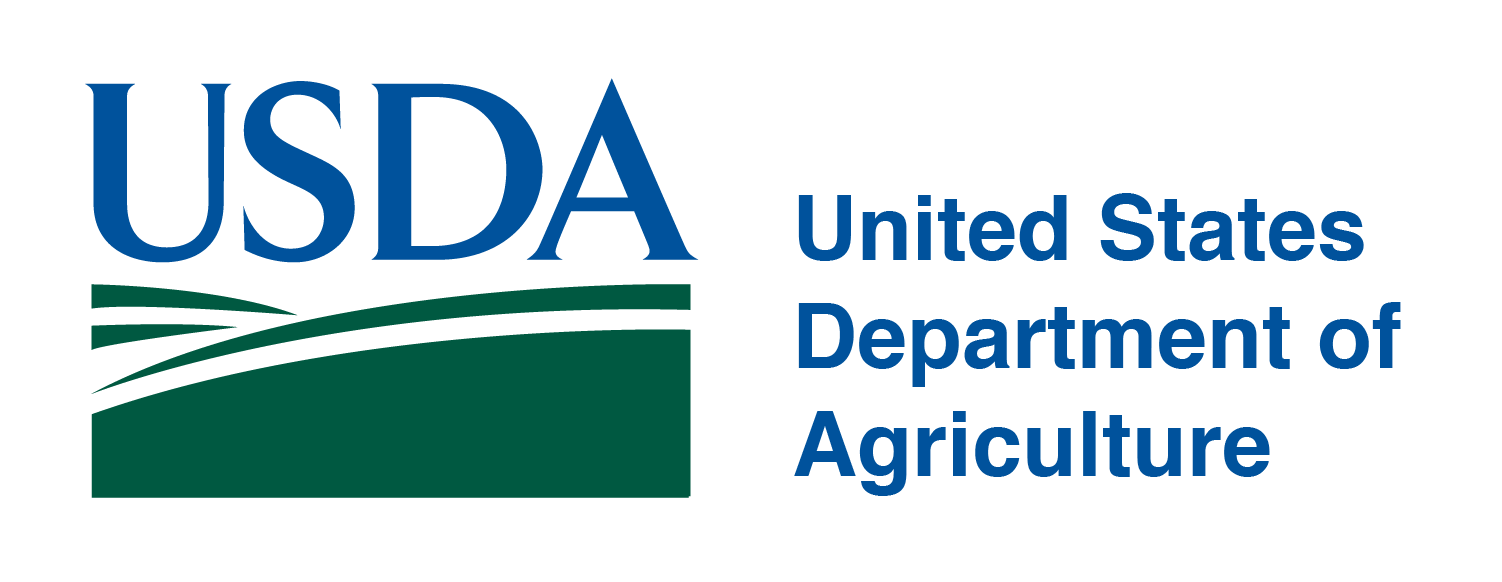
The Centers for Medicare & Medicaid Services (CMS) released a Request For Information (RFI) seeking public input on accessing healthcare and related challenges, understanding provider experiences, advancing health equity, and assessing the impact of waivers and flexibilities provided in response to the COVID-19 Public Health Emergency.
The Make Your Voice Heard: Promoting Efficiency and Equity Within CMS Programs RFI furthers CMS’ commitment to engaging and learning from partners, communities, and individuals across the health system to inform how we can better support the populations we serve. In alignment with Executive Order 13985, Advancing Racial Equity and Support for Underserved Communities Through the Federal Government, the CMS Strategic Plan Pillar: Health Equity and the CMS Framework for Health Equity (2022-2032), this RFI aims to gather feedback and perspectives related to challenges and opportunities for the Agency to embed health equity into our efforts encouraging innovation, reducing burden, and creating efficiencies across the healthcare system.
“Advancing health equity is core work of the Centers for Medicare & Medicaid Services. That’s why I am inviting stakeholders to help achieve our goal of an equitable and efficient health system, by working with us as we transform the healthcare experience for the individuals we serve,” said CMS Administrator Chiquita Brooks-LaSure. “Health equity is embedded within the DNA of CMS and serves as the lens through which we view all of our work.”
Disparities in health and healthcare continue despite decades of research and widespread efforts to improve health outcomes in the United States. Many populations, including racial and ethnic minorities, members of federally-recognized Indian Tribes, people with disabilities, patients seeking substance use and mental health services, individuals dually eligible for Medicare and Medicaid, and those living in rural and underserved areas are more likely to experience challenges accessing healthcare services, lower quality of care, and below average health outcomes when compared to the general population.
CMS is seeking to better understand individual and community-level burdens, health-related social needs, and opportunities for improvement that can reduce disparities and promote efficiency and innovation across our programs. CMS is requesting information related to strategies that successfully address drivers of health inequities, including opportunities to address social determinants of health and challenges underserved communities face in accessing comprehensive, quality care. For example, challenges accessing care may include understanding coverage options, receiving culturally and linguistically appropriate care, accessing oral health services, and accessing comprehensive and timely healthcare services and medication.
Through this RFI, CMS also seeks to better understand the factors impacting provider wellness and learn more about the distribution of the healthcare workforce. We are particularly interested in understanding the greatest challenges for healthcare workers in meeting the needs of individuals, and the impact of CMS policies, documentation and reporting requirements, operations, and communications on provider experiences.
Comments received in response to the Make Your Voice Heard RFI will be used to identify opportunities for improvement and to increase efficiencies across CMS programs. In addition, CMS hopes to learn how specific programs have benefited providers, practices, and the people we serve. We work to continually improve our programs and build solutions that will help close gaps in healthcare quality, access, and outcomes to ensure that all those served by CMS programs have a fair and just opportunity to attain their optimal level of health.
CMS encourages comments from all interested stakeholders, in particular, patients and their families, providers, clinicians, consumer advocates, and healthcare professional associations. We also encourage comments from individuals serving and located in underserved communities, and from all CMS stakeholders serving populations facing disparities in health and healthcare. The RFI is open for a 60-day public comment period beginning September 6, 2022. Comments must be received by November 4, 2022 to be considered.
The web-based public comment form was specifically designed to provide easy access and an improved user experience for submitting information. For more information on the Make Your Voice Heard: Promoting Efficiency and Equity Within CMS Programs RFI and to access the web-based public comment form, please visit: https://www.cms.gov/request-information-make-your-voice-heard




 A new journal article, co-authored by the CareQuest Institute for Oral Health, concludes that Medicaid enrollees experience higher oral cancer and throat cancer incidence, prevalence, and mortality compared with commercially insured adults. The article is based on a study that compared all cases and new cases of oral and throat cancers among approximately 38,000 Medicaid enrollees and approximately 27,000 individuals with commercial medical insurance. Researchers found that total cancer treatment costs were higher for those with commercial insurance and that cases of oral and throat cancers were lower among adults who had seen a dentist within the prior year.
A new journal article, co-authored by the CareQuest Institute for Oral Health, concludes that Medicaid enrollees experience higher oral cancer and throat cancer incidence, prevalence, and mortality compared with commercially insured adults. The article is based on a study that compared all cases and new cases of oral and throat cancers among approximately 38,000 Medicaid enrollees and approximately 27,000 individuals with commercial medical insurance. Researchers found that total cancer treatment costs were higher for those with commercial insurance and that cases of oral and throat cancers were lower among adults who had seen a dentist within the prior year.